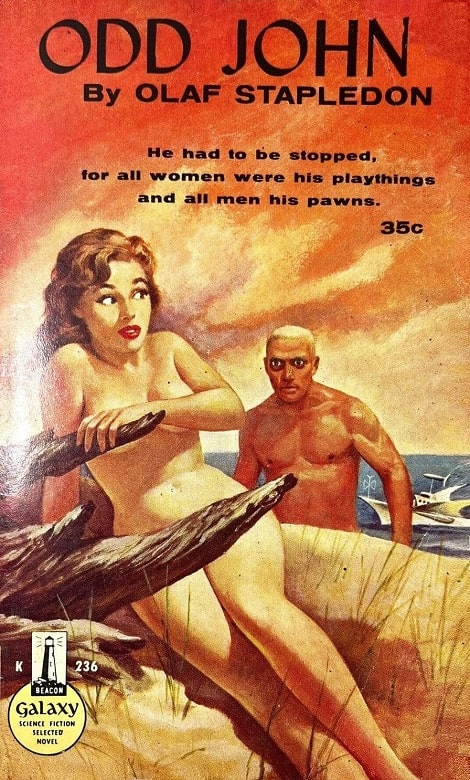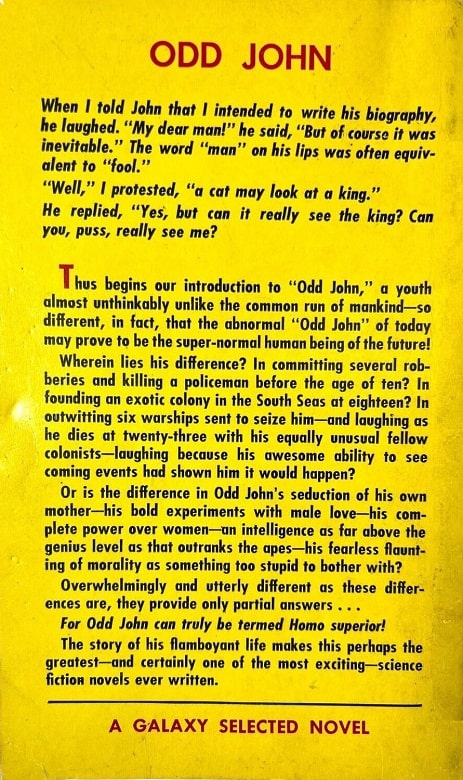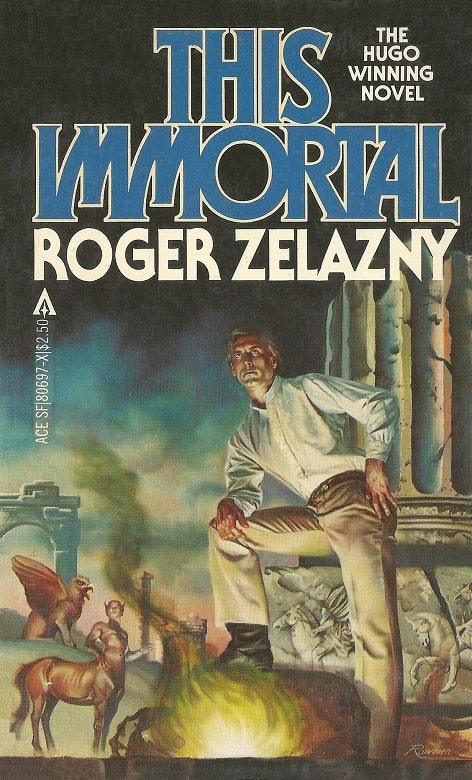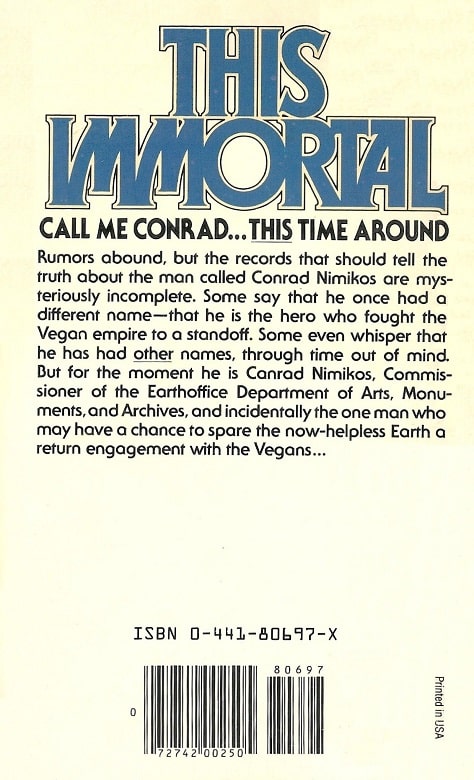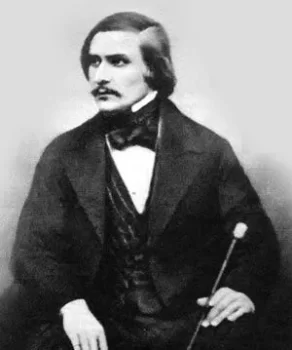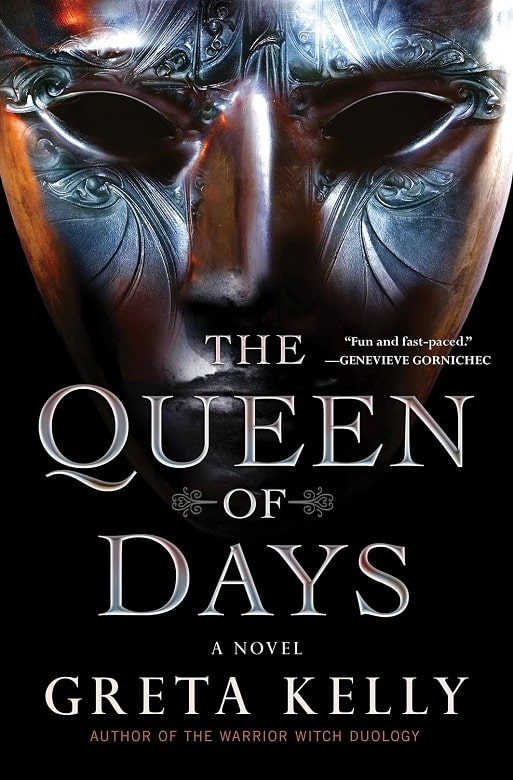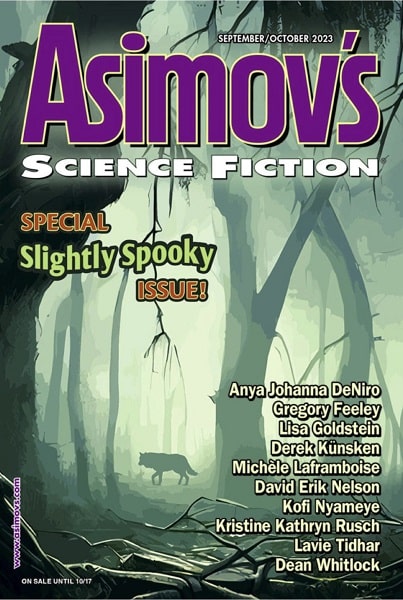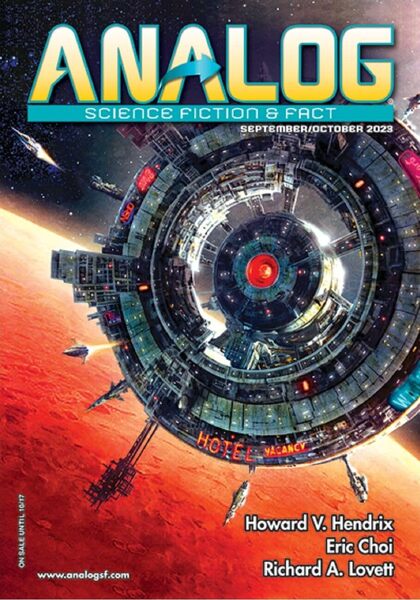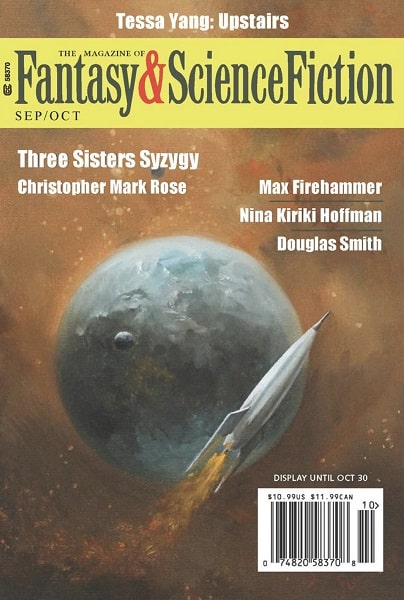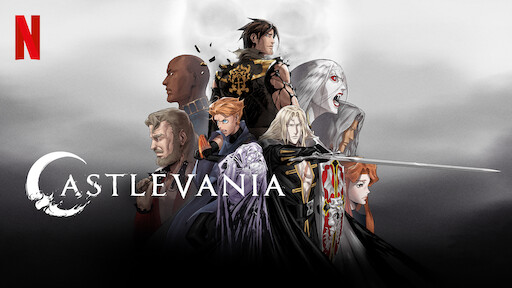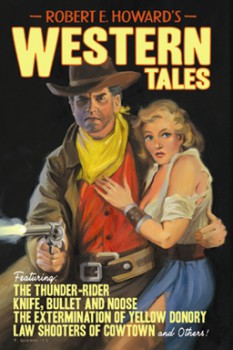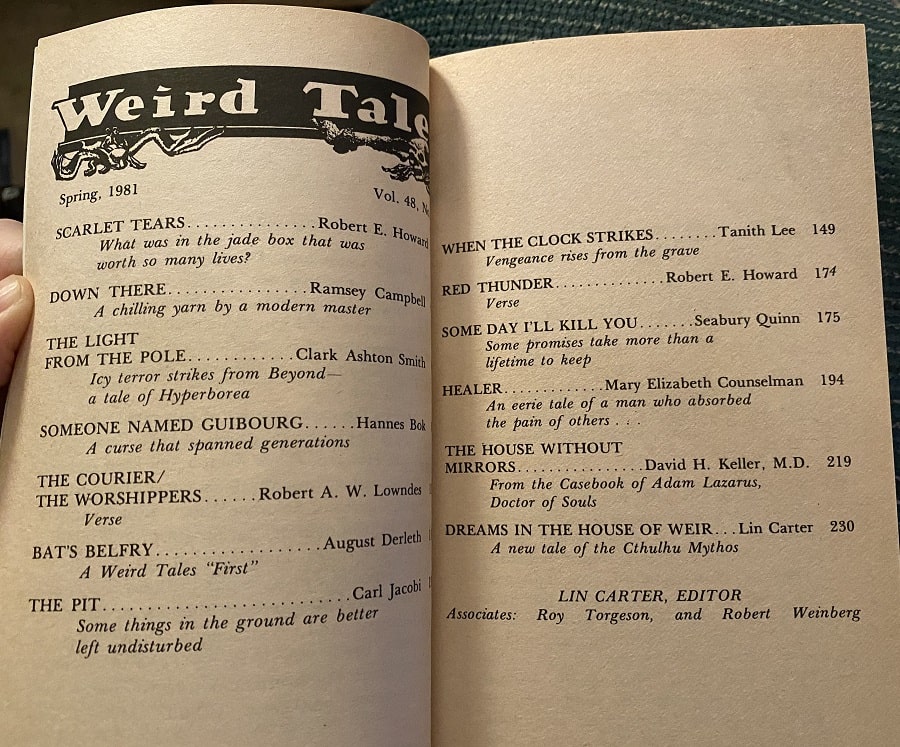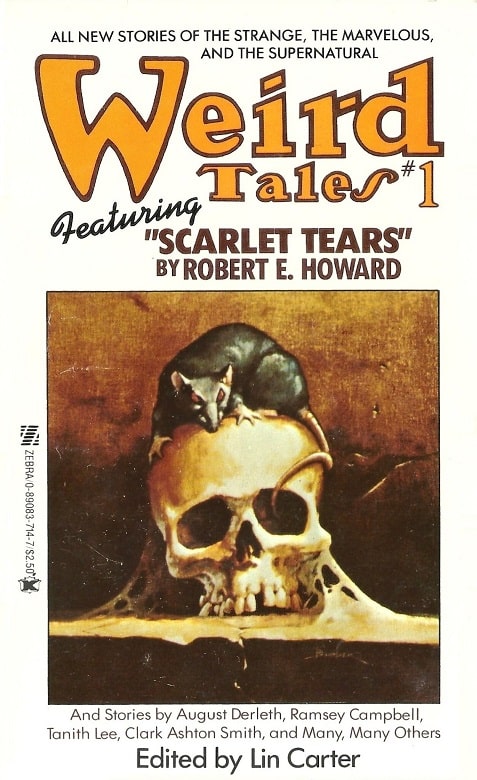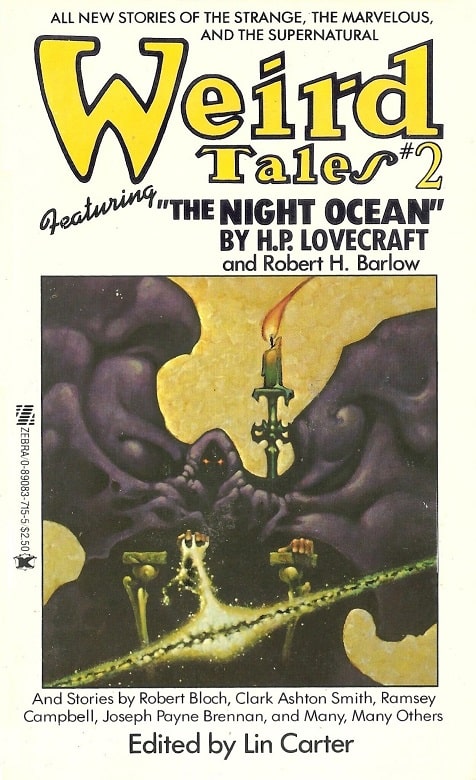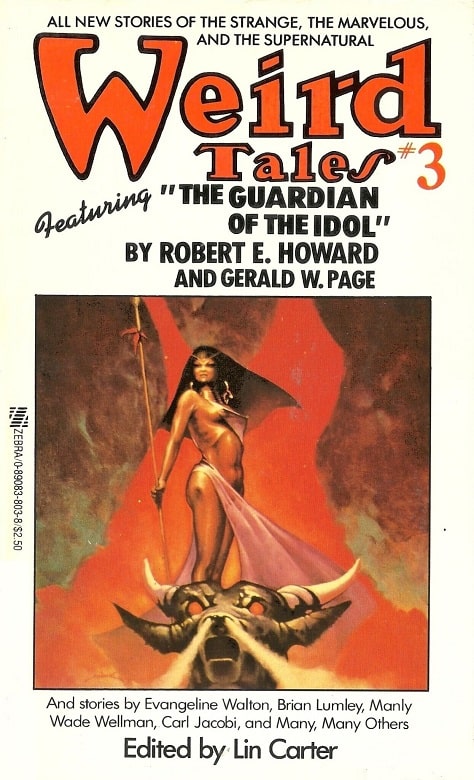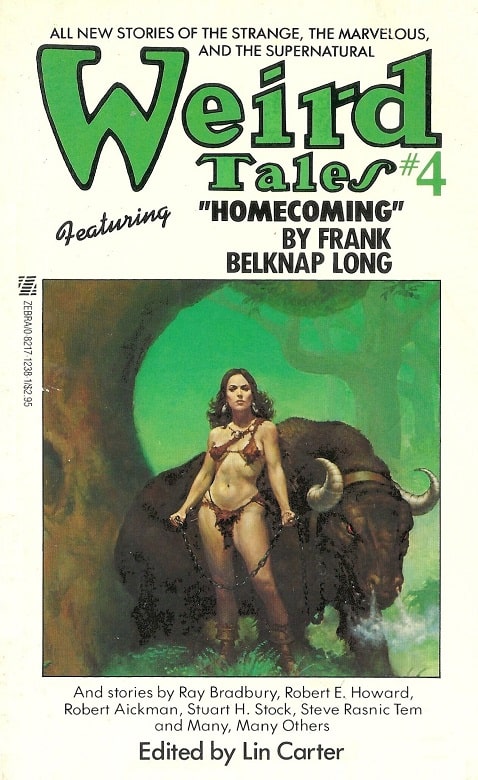Ten Things I Think I Think: October 2023
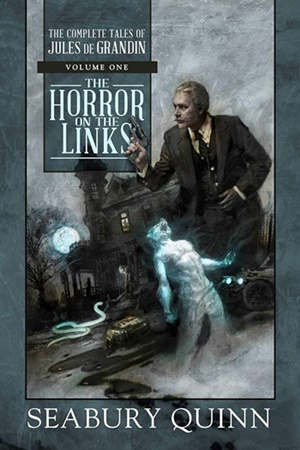 A (Black) Gat in the Hand takes a week off for a somewhat Robert E. Howard-centric installment of Ten Things I Think I Think. Books, television, movies, and even a computer RPG are in the mix today.
A (Black) Gat in the Hand takes a week off for a somewhat Robert E. Howard-centric installment of Ten Things I Think I Think. Books, television, movies, and even a computer RPG are in the mix today.
1) Jules De Grandin is a new favorite
Being a Robert E. Howard guy, I am familiar with Weird Tales – home to much of his best work, including Conan, Kull, historical fiction, and Solomon Kane, among much more. But not being into horror, I don’t really read anyone else from ‘The Unique Magazine.’
But I recently bought the audiobook for The Horror on the Links. It is Volume One of The Complete Tales of Jules De Grandin. A few stories have been a bit much for me in the macabre category, but Seabury Quinn’s doctor-former Surete policeman is an Occult Detective version of Hercule Poirot. I am absolutely loving the mix. I’m nearing the end of this collection, and I’ll be listening to Volume Two next.
De Grandin is a French transplant to fictional Harrisonville, New Jersey. His Watson is Dr. Trowbridge, and they investigate both cases that have natural, as well as supernatural, solutions. Each audiobook is about 25 hours long, which is a lot of entertainment. Paul Woodson does a great de Grandin. There are over 90 stories – including one serialized novel. As a Poirot fan, I’m totally in on these. I’ve been kicking around the idea of a de Grandin/Nero Wolfe crossover.
2) “The Horror from the Mound” is Quite a Story
Sticking with horror, I was hoping to have an essay ready today for Robert E. Howard’s “The Horror from the Mound.” It’s a (then) contemporary Weird Western which also appeared in Weird Tales. I’d read it before, and with one foot in ‘today’ and one firmly in the mid 1600s, may be my favorite REH horror story. Still working on the essay.
